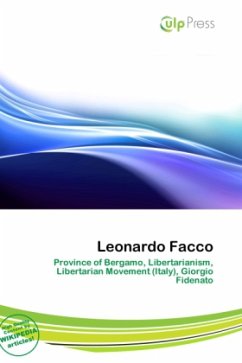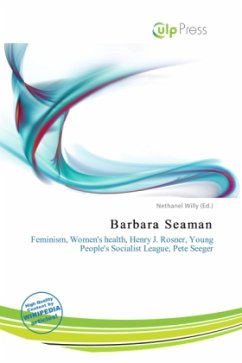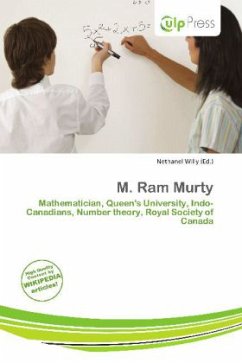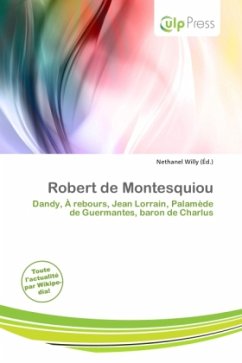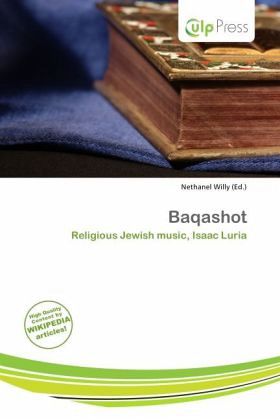
Baqashot
Religious Jewish music, Isaac Luria
Herausgegeben: Willy, Nethanel
Versandkostenfrei!
Versandfertig in 6-10 Tagen
26,99 €
inkl. MwSt.

PAYBACK Punkte
13 °P sammeln!
Please note that the content of this book primarily consists of articles available from Wikipedia or other free sources online. The custom of singing Baqashot originated in Spain towards the time of the expulsion, but took on increased momentum in the Kabbalistic circle in Safed in the 16th century. Baqashot probably evolved out of the tradition of saying petitionary prayers before dawn and was spread from Safed by the followers of Isaac Luria (16th century). With the spread of Safed Kabbalistic doctrine, the singing of Baqashot reached countries all round the Mediterranean and became customar...
Please note that the content of this book primarily consists of articles available from Wikipedia or other free sources online. The custom of singing Baqashot originated in Spain towards the time of the expulsion, but took on increased momentum in the Kabbalistic circle in Safed in the 16th century. Baqashot probably evolved out of the tradition of saying petitionary prayers before dawn and was spread from Safed by the followers of Isaac Luria (16th century). With the spread of Safed Kabbalistic doctrine, the singing of Baqashot reached countries all round the Mediterranean and became customary in the communities of Morocco, Tunisia, Algeria, Rhodes, Greece, Yugoslavia, Egypt, Turkey and Syria. It also influenced the Kabbalistically oriented confraternities in 18th-century Italy, and even became customary for a time in Sephardic communities in western Europe, such as Amsterdam and London. (In Amsterdam the Shabbat service still begins with a small number of baqashot. In London the tunes for one or two of them have been preserved in the literature but the practice no longer exists.) By the turn of the 20th century Baqashot had become a widespread religious practice in several communities in Jerusalem as a communal form of prayer.





